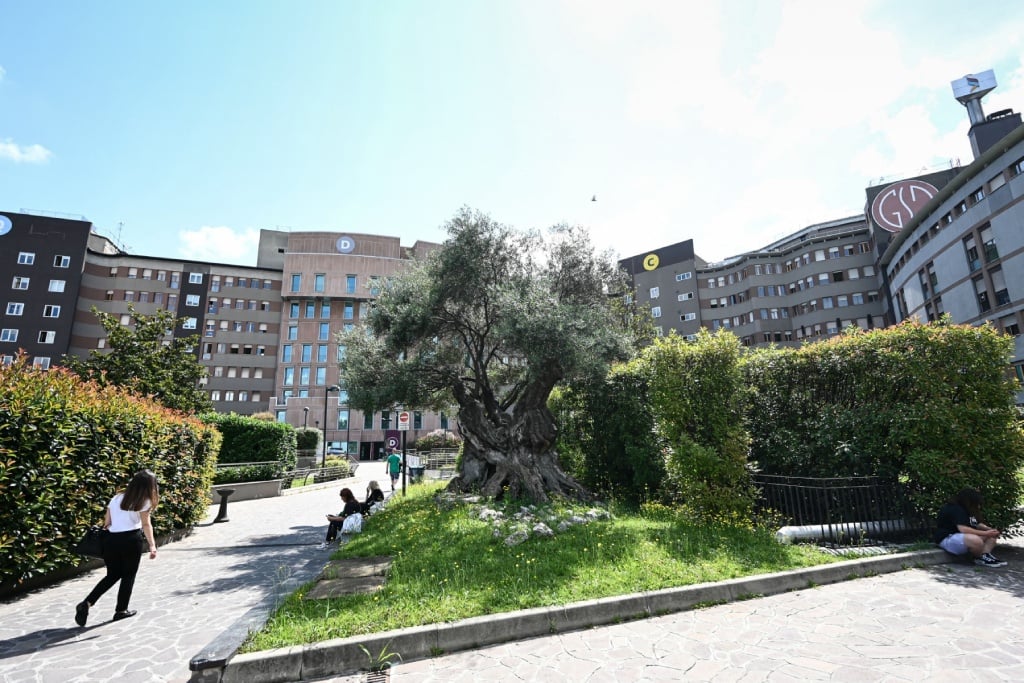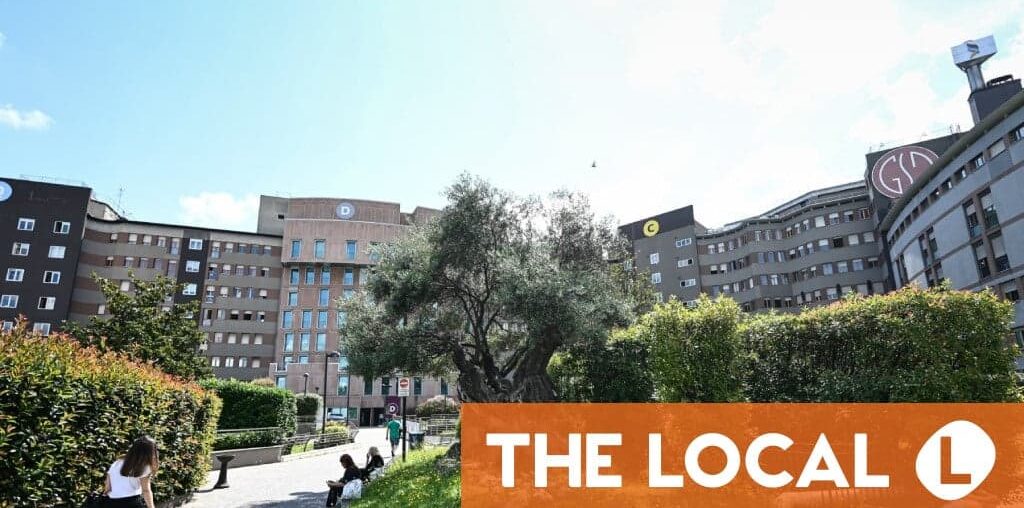
Italy has approved an expanded ban on surrogacy, already illegal in the country, that criminalises couples who seek it abroad.
Luckily, foreign residents in Italy are exempt from the law (it only applies to Italian citizens) and can still go abroad to start a family using a surrogate.
However, assisted reproduction is widely available in Italy for those who can use IVF or other medically assisted procedures. What’s more is they are covered under the National Health Service.
Assisted reproduction (procreazione medicalmente assistita) is offered in authorised clinics and hospitals across Italy. These institutions offer both IVF (Fecondazione in Vitro e trasferimento embrionale) or ICSI (Iniezione intracitoplasmatica dello spermatozoo) and intrauterine or artificial insemination (inseminazione intrauterina).
They also provide egg and sperm donations for couples seeking IVF. However, the wait times can be long. Many also have egg freezing, fertility and genetic testing, gynaecological services and counselling.
Who has access?
These options are not available to all individuals who might want to seek assistance in starting a family. They must be heterosexual couples who are married or live together. This excludes LGBTQ+ couples, who already enjoy few rights in the country, and single women.
However, in May, the Italian Health Ministry updated its guidelines for women who began the process but whose partner has since died or whose relationship has ended, allowing them to continue with the implantation.
To access fertility treatments in general, a couple must prove they are in fact infertile or unable for medical reasons to conceive naturally, and these must be medically documented.
The valid reasons for receiving such treatments include: when all other options for allowing procreation have been exhausted, when the causes of sterility or infertility are unknown but medically certified, when they are determined by another known medical reason.
Fertile couples can seek assisted reproduction if they have medically legitimate reasons to prevent pregnancy, such as a transmissible genetic disease.
Advertisement
Where can I find a clinic?
Medically assisted reproduction is available in most cities across the country. Public and private clinics are authorised by the National Health Institute and listed in a national register.
There are over 300 clinics listed, with the majority found in the north. Some smaller regions, such as Molise, Valle d’Aosta and Basilicata have fewer than five, whereas large regions like Lombardy and Lazio have dozens.
READ ALSO: Three key stats to help you understand Italy’s north-south healthcare divide
The register also includes data about their procedures, the services they provide and contact information.
How much does it cost?
In vitro fertilisation can cost between 5,000 and 6,000 euros, but this can go up depending on the number of cycles. IUI costs less, with a range of 900 to 1,500 euros across the country. Prices can vary depending on the specifics of the procedure.
Egg freezing and other cryo-conservation services can be between 1,600 and 3,500 euros, varying by the length of storage time. These costs, already high, could exclude additional fees for testing, consultations, and medications.
Advertisement
Some clinics might offer a lower rate for low-income couples using the ISEE system. Nonetheless, the procedures involving public institutions and private clinics are covered under the National Health Service.
“Some regions fully cover PMA under the National Health Service for individuals who meet certain criteria, while others impose partial costs or limit the number of attempts covered,” Ida Parisi, a family and fertility lawyer who helps foreigners navigate the Italian legal system, told The Local.
READ ALSO: Where are the ‘best’ hospitals in Italy in 2024?
“These variations are also influenced by the Essential Levels of Care, which define the minimum services that must be provided across the country, but their implementation can differ regionally,” she said.
The surrogacy ban
The Italian senate expanded its ban on the use of surrogates in assisted reproduction to criminalise Italian citizens who seek surrogacy abroad and return to Italy. It is a universal crime punishable by up to two years in prison and fines of up to 1 million euros.
“The bill making renting wombs a universal crime is finally law,” PM Giorgia Meloni said on X, calling it “a common sense norm against the commodification of the female body and children”.
Her opponents have criticised the approval of the law, saying it is a step backwards for the rights of parents and children in the country.

